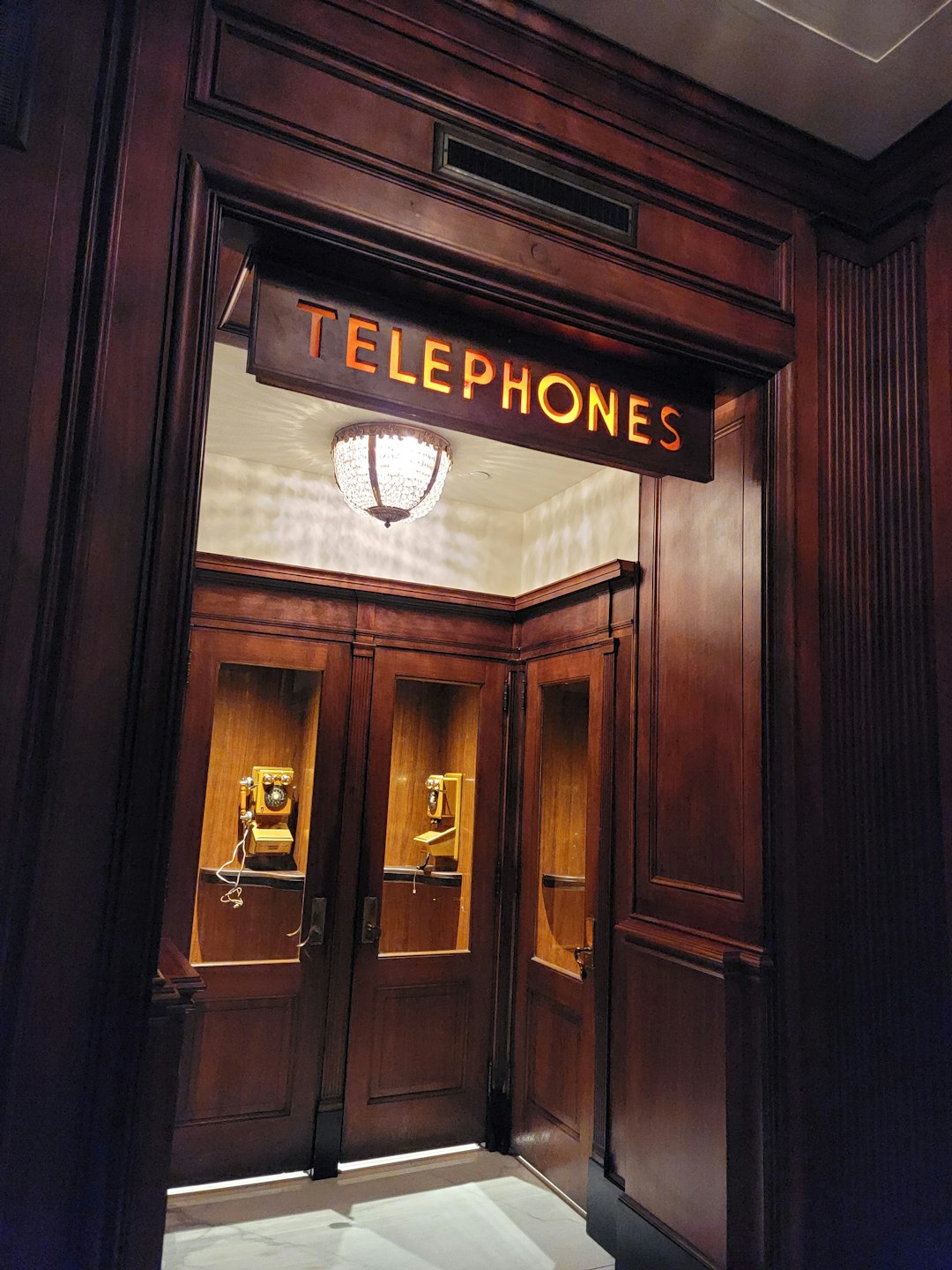California's strict laws, including the Telephone Consumer Protection Act (TCPA) and Consumer Privacy Act (CCPA), protect residents from unwanted robocalls. Businesses must obtain prior consent for automated calls and respect "do-not-call" times. California residents facing excessive robocalls can register on the Do Not Call list, file complaints, or consult a specialized Unwanted Call Lawyer California for legal recourse and damages.
In California, telemarketing laws are designed to protect residents from unwanted calls. This article delves into the state’s regulations regarding robocalls and telemarketing practices. We explore what constitutes a robocall, how these automated messages are regulated, and the legal remedies available to Californians who face unwanted telemarketing. If you’re an Unwanted Call Lawyer in California, this guide offers valuable insights into protecting your clients’ rights.
Understanding California's Telemarketing Laws: Protecting Residents from Unwanted Calls

California has stringent laws in place to protect its residents from unwanted telemarketing calls, especially those made by robocalls. These regulations are designed to safeguard individuals’ privacy and peace of mind, ensuring that marketing efforts do not become a nuisance or invasion of personal space. The state’s Unfair Competition Law and Consumer Legal Remedies Act form the foundation of these protections.
Under these laws, businesses engaging in telemarketing activities must adhere to strict guidelines, including obtaining prior express consent from consumers before making automated calls. This means that if you have not given your permission for a company to contact you using robocalls or prerecorded messages, such calls are prohibited. There are also restrictions on the timing of calls, with specific periods designated as “do-not-call” times, ensuring residents can enjoy some respite from unwanted marketing efforts during personal and sensitive hours.
What Constitutes a Robocall and How Are They Regulated in CA?

In California, a robocall is defined as an unwanted telephone call using an automatic dialing system or prerecorded message to deliver marketing or promotional materials. These automated calls are often associated with telemarketing, and while many legitimate businesses use these methods, they can also be a source of frustration and invasion of privacy for consumers. To combat this issue, California has implemented strict regulations to protect residents from excessive and unwanted robocalls.
The California Unwanted Call Law (also known as the Telephone Consumer Protection Act) regulates how businesses conduct telemarketing activities. It allows residents to register their phone numbers on the Do Not Call list, which restricts most outgoing sales calls. Any business that calls a registered number without prior express consent from the owner can face penalties. This law empowers California consumers with control over their privacy and significantly reduces the volume of robocalls they receive.
Legal Remedies for Unwanted Telemarketing Calls: Rights and Options for Californians

If you’re a Californian receiving unwanted telemarketing calls, especially from robocalls, you have rights under state law. The California Consumer Privacy Act (CCPA) and Telephone Consumer Protection Act (TCPA) offer robust legal remedies to stop these pesky intrusions. An unwanted call lawyer in California can guide you through the process of taking action against violators.
One option is to register your phone number on the Do Not Call list, which is a state-run registry that restricts telemarketing calls. You can also file a complaint with the California Attorney General’s office or seek legal assistance to sue for damages, including receiving automated telemarketing calls without prior consent.






